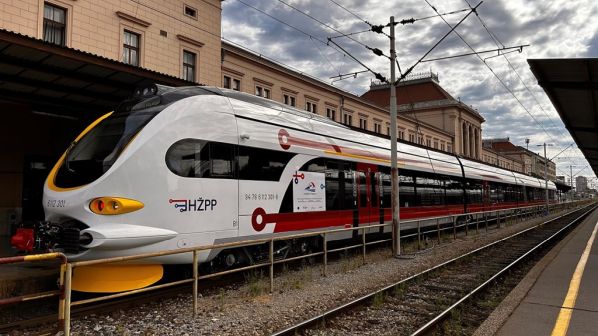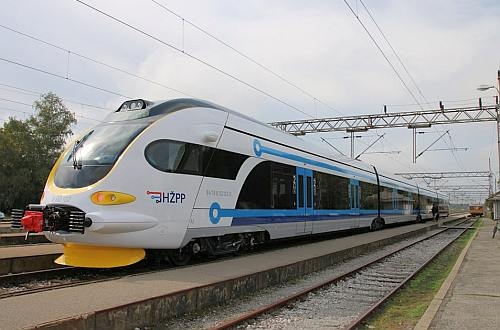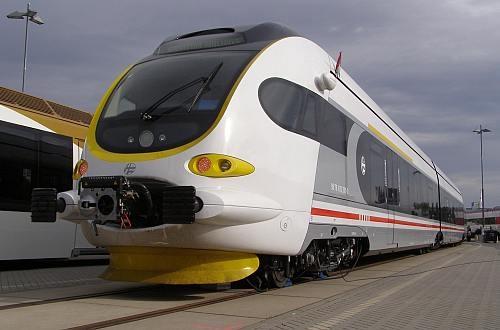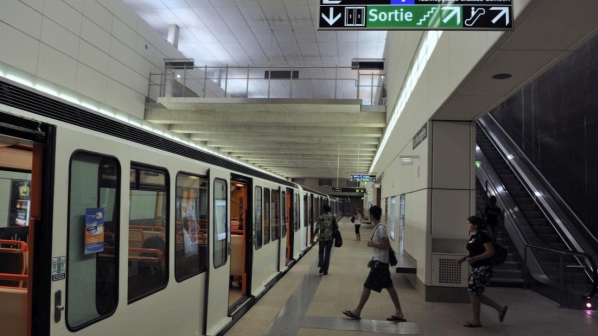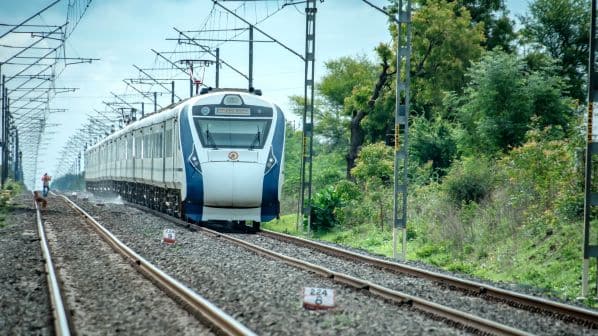Croatia
Croatian Railways (HŽPP) has introduced the first regional EMU manufactured by Končar into service on the Zagreb - Sisak route. HŽ ordered 10 regional EMUs under its fleet renewal programme, which also included 11 urban and suburban EMUs which have already entered service. The regional fleet will operate services from Zagreb to Sisak, Novska, Vinkovci, Koprivnica, Zabok, Karlovac, Ogulin and Rijeka, as well as the Vinkovci - Vukovar service, with the final trains to be delivered by April 2024.
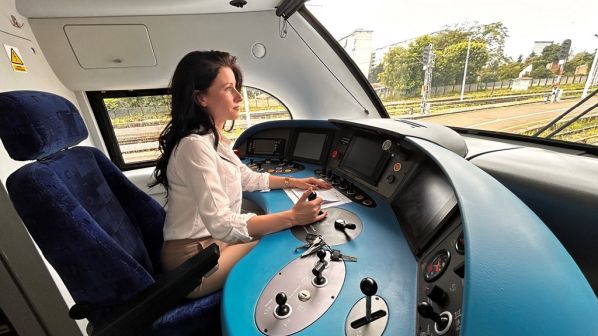
The supply contract is worth €171.7m, with €116.8m funded by the European Union’s Operational Programme for Competitiveness and Cohesion 2014-2020. The four-car trains have a maximum speed of 160km/h and up to three trains can operate in multiple. The regional EMUs have four doors per each side, and provide capacity for 431 passengers including 209 seated, with spaces for passengers in wheelchairs and bicycles. The trains are equipped with CCTV, a passenger information system, and Wi-Fi.
Bulgaria
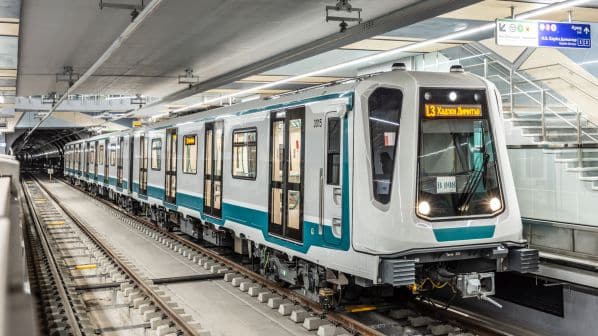
Metropolitan Public Transport (EAD) has awarded the Simetro consortium of Siemens Mobility Bulgaria, Siemens Mobility Austria and Newag a contract to supply eight additional Inspiro metro trains for operation on the extended Line 3 of the Sofia metro. Siemens will manufacture the carbodies at its facility in Vienna, while final assembly and testing will take place at Newag’s facility in Nowy Sącz, Poland. The trains have a maximum speed of 80km/h. The floor is made of a composite of cork and aluminium, which reduces weight and absorbs noise. The new trains also feature air-conditioning, wider seats and 12 doors. The 6km, Lev 530m ($US 297.5m) Line 3 extension will run via the Slatina and Geo Milev districts towards Tsarigradsko Shosse Boulevard with six stations. EAD also awarded Škoda Group a €65m contract to supply eight four-car trains for operation on lines 1,2 and 4 of the Sofia metro in July.
France
Alstom has delivered the first of 38 new four-car rubber-tyred trains for Marseille's metro from its Valenciennes factory in northern France to the La Rose depot. The new fleet is due to enter service gradually from the end of 2024 and will initially replace the existing Line 2 fleet by the end of 2025, followed by the Line fleet 1 by 2027. Alstom was awarded a contract to upgrade and automated the Marseille metro in November 2019, with the €430m project financed by Aix-Marseille-Provence metropolitan authority. As well as the new fleet, the contract includes the modernisation of audio-visual passenger information systems inside the stations and development, supply and installation of the operating system and equipment to allow automatic operation of the network’s two lines. The trains are air-conditioned, step-free and accessible to passengers with reduced mobility, with capacity for up to 500 passengers compared with 472 on the existing fleet. The upgrade will enable services to operate every two minutes during peak periods, compared with every four minutes at present.
India
Transmashholding (TMH) and Rail Vikas Nigam Ltd (RVNL) have signed an agreement for the creation of the Kinet Railway Solutions joint venture, which will supply and maintain Vande Bharat EMUs for Indian Railways (IR). TMH owns 75% of the new company, while RVNL holds the remaining 25%. TMH and RVNL will manufacture 120, 16-car long-distance EMUs for IR at the Marathwada Rail Coach Factory in the city of Latour, Maharashtra, within five years from the date of signing the contract. The joint venture will also provide maintenance for 35 years.
For detailed data on fleet orders around the world, subscribe to IRJ Pro.
